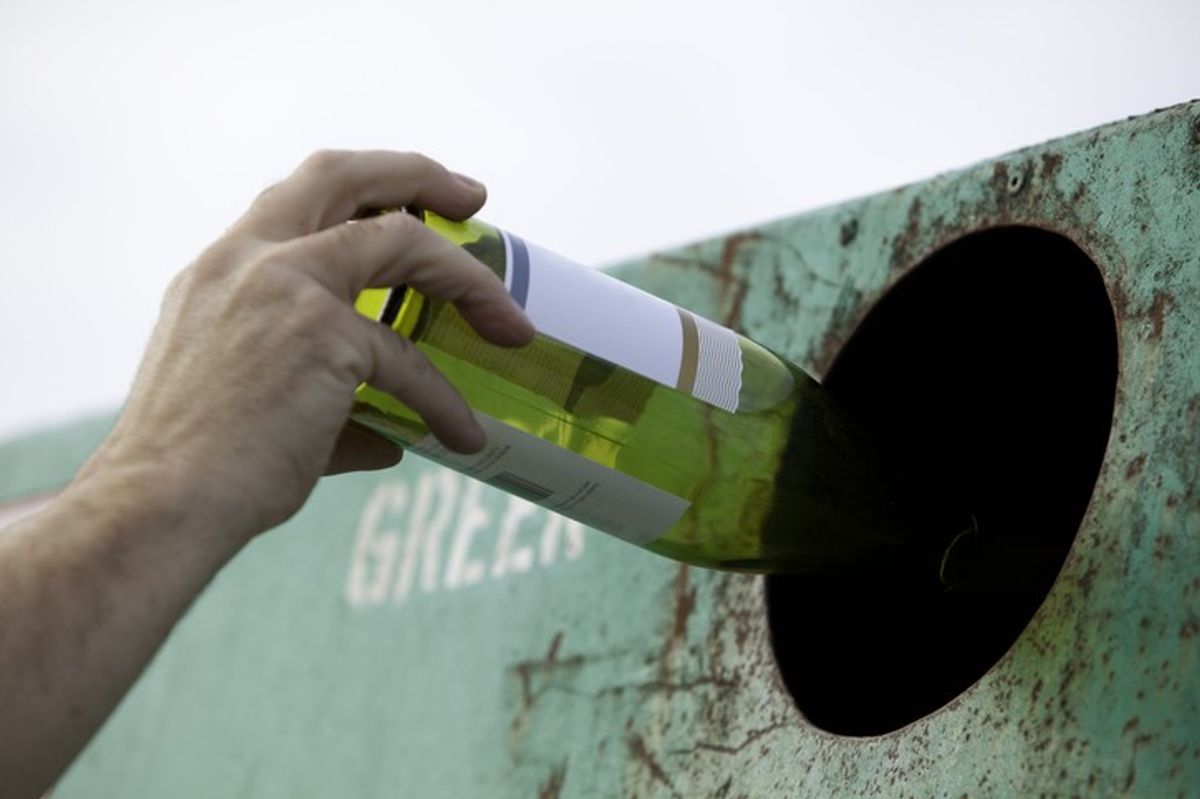Wine makers and retailers have slammed the recently-confirmed fees for the Government’s Extended Producer Responsibility (EPR) scheme, saying it comes as a blow to the sector which is already reeling from consecutive duty hikes.
Government organisation PackUK on Friday (June 27) published the 2025 base fees for the EPR scheme, confirming the amount firms will have to pay for producing packaging, thus providing crucial certainty to producers ahead of the first invoices in October 2025.
Nearly all fees have reduced compared with the illustrative base fees published in December, with glass down by 20 per cent.
The 2025 base fees are calculated using packaging tonnages reported by producers for 2024 and local authority waste management costs.
DEFRA had previously announced a provisional EPR fee for glass of £240 a tonne, the final figure has dropped to a £192 per tonne, further undermining business planning.
However, Wine and Spirit Trade Association (WSTA) argues that the revised fees are still extortionately high for glass, which the industry says is likely to encourage producers to switch from highly recyclable glass to more environmentally damaging forms of packaging, as non-glass containers are not subject to any EPR fees.
The body has stated that these "hefty EPR fees" are still significantly more per unit compared with charges across Europe, eight times more than in Germany, and three times more than in Croatia or Finland.
The body calling on the Government to delay EPR and review the methodology for fee calculation.
Miles Beale, Chief Executive of the Wine and Spirit Trade Association, said, “Wine and spirit businesses have been waiting a long time for confirmation of glass price fees and while the final EPR prices announced today provides financial certainty for accounting purposes, the scale of the glass fees confirms industry fears.
"Modulated fees have been confirmed for year 2 of the scheme (2026). Packaging classified as red, will increase incrementally 1.2x in 2026, 1.6x in 2027 and 2x (double the base fee) in 2028.
"There is no time to avoid these fees for produce sold this year. This is especially impactful on SMEs and importers who need time to make changes and may not have revenues to cover these unknown costs.
"This news is another blow to the sector, which is already reeling from consecutive duty hikes and whose margins are already tight.
"Having to pay the highest EPR fee for glass will force businesses to pass the costs onto consumers, pushing up inflation while – perversely – encouraging the use of cheaper and less sustainable packaging alternatives.”
Drinks producers and retailers across the UK are frustrated that DEFRA refused to delay introducing the scheme in April, even though it has acknowledged there are still major issues with the scheme, and even admitted earlier this year that it won’t improve recycling.
The OBR’s forecast accompanying the Spring Statement revealed: “the policy is unlikely to have a material impact on rates of recycling or packaging waste volumes in the next five years.”
Prices are likely to continue to grow as EPR income, paid to Local Authorities, is not ringfenced. This means the money can be spent on other costs, breaking the circular economy and ‘polluter pays’ principles.
WSTA states, "This gap between rhetoric and reality is proving familiar. The promise to exclude hospitality waste, which is disposed of via private waste collections, from EPR has not been delivered either.
"Unless the Government intervenes, most hospitality waste will be unfairly charged EPR."
British Retail Consortium said the fees would take a £2 billion chunk out of retailers’ bottom lines, just months after the £5bn hit from the hikes to employer national insurance contributions.
“It’s inevitable [the EPR] will add pressure on prices, adding to inflation,” said Andrew Opie, the body’s director of food and sustainability.
DEFRA expects 85 per cent of businesses to raise prices because of EPR, but the WSTA believes that the number of wine and spirit producers forced to put up their prices will be greater.


